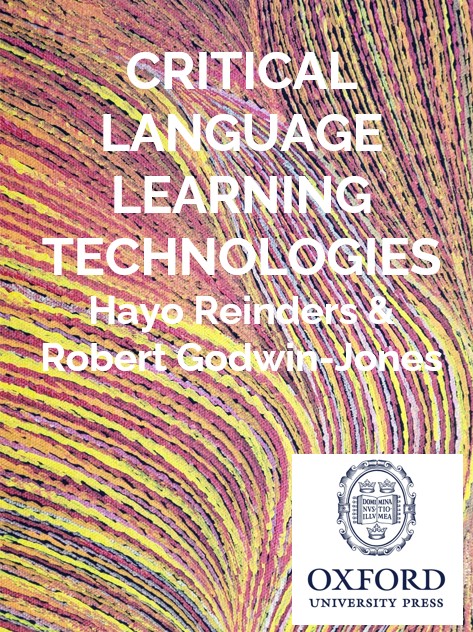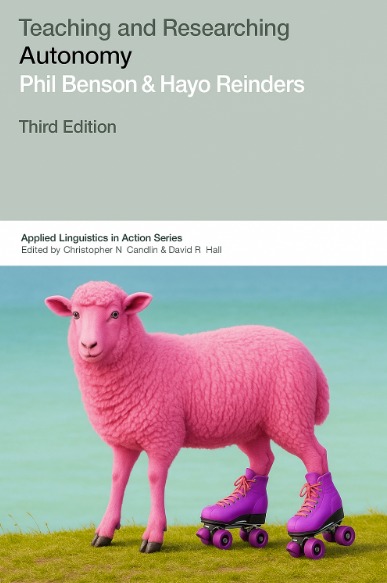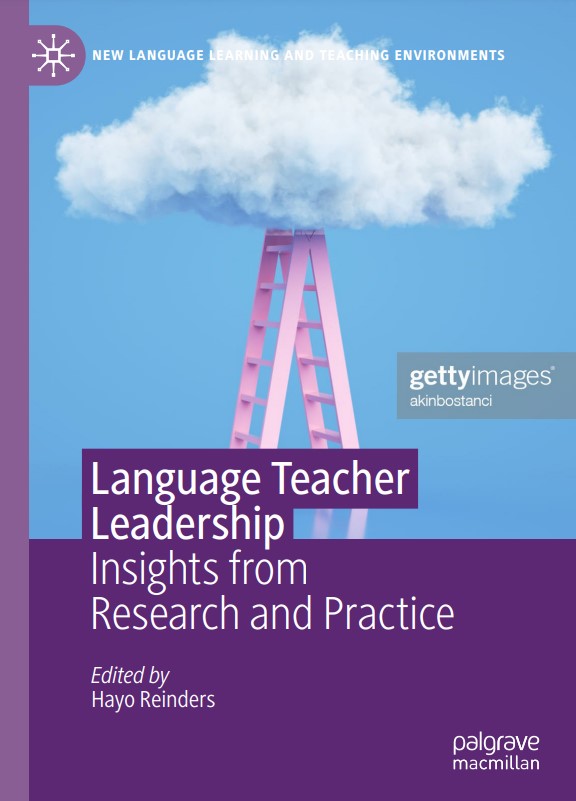Books > Learning-Oriented Assessment
Chong, S.W. & Reinders, H. (Eds.), Innovation in learning-oriented language assessment. Palgrave Macmillan.
Read more here.
This edited book documents practices of learning-oriented language assessment through practitioner research and research syntheses. Learning-oriented language assessment refers to language assessment strategies that capitalise on learner differences and their relationships with the learning environments. In other words, learners are placed at the centre of the assessment process and its outcomes. The book features 17 chapters on learning-oriented language assessment practices in China, Brazil, Turkey, Norway, UK, Canada, Japan, Saudi Arabia, and Spain. Chapters include teachers� reflections and practical suggestions. This book will appeal to researchers, teacher educators, and language teachers who are interested in advancing research and practice of learning-oriented language assessment.
"Using the seven dimensions of learning-oriented language assessment (Turner and Purpura, 2016), editors Chong and Reinders derived 10 learning-oriented language assessment principles. This edited volume of 17 practical chapters document innovative practices of learning-oriented language assessment from 10 countries. It is arguably the first exploration into learning-oriented language assessment for teachers and teacher trainers and offers excellent examples worthy of replication by teachers."
Antony Kunnan, Duolingo
"This interesting collection of papers on learning-oriented language assessment emanates from an online symposium held in October 2021. I was delighted to keynote at that event and it gives me great pleasure to applaud the efforts of the co-editors and authors in producing this timely collection. These evidence-based and practical chapters are underpinned by ten learning-oriented language assessment principles proposed by the editors in their introductory chapter. Plenty of food for thought for language teachers and researchers."
David Carless, University of Hong Kong


